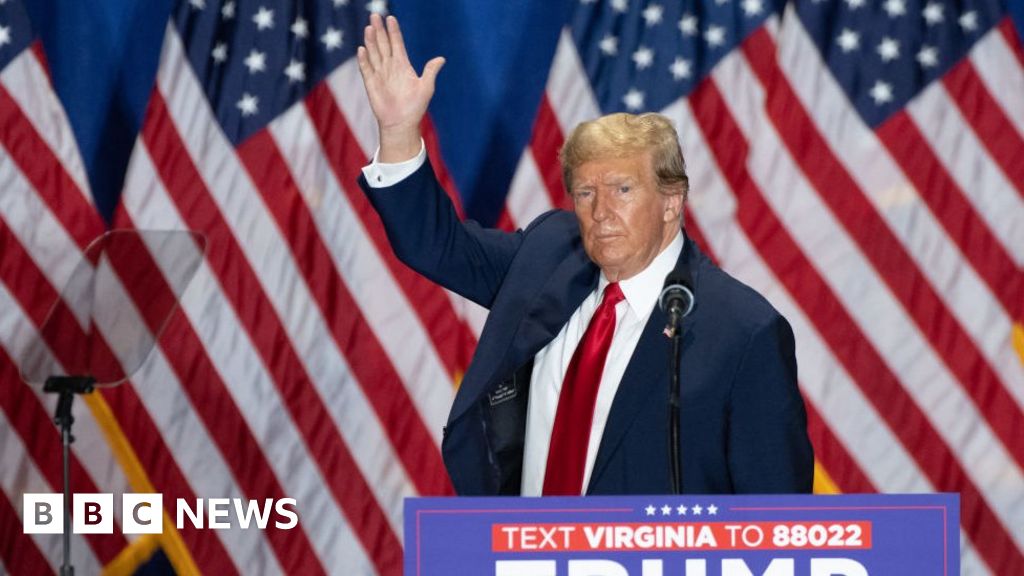David Aronberg: "Count me as one of the legal observers surprised by the Supreme Court’s decision, which gives former President Trump a huge victory by delaying his DC election interference case indefinitely. In so doing, the five Justices who granted the stay of proceedings have thrown sand in the gears of justice and further delegitimized the Court in the eyes of many Americans.
Chief Justice John Roberts cares deeply about the Court’s public perception, and wants people to believe the Justices are above politics. That’s why it is mystifying that Roberts would allow his Court to grab such a political hot potato. The DC Circuit Court of Appeals’ decision was powerful, comprehensive, well-reasoned and convincing. The underlying issue of absolute immunity has always been an easy one. There is no real debate on whether we have a President or a king.
For Trump, this was always a delay tactic. Trump is going to lose this appeal to the Supreme Court, but he wins by losing because it is now unlikely the DC election interference case will go to trial before the 2024 election. Although the Mar-a-Lago documents case is the strongest one facing Trump, it was always going to be delayed after Judge Aileen Cannon was assigned to the case. The DC election interference case, by contrast, had the right Judge in experienced, no-nonsense Judge Tanya Chutkan, and was built for speed with only four counts and no co-defendants.
What is especially maddening about the Supreme Court’s decision is that the Court knows about the extremely consequential election in November, yet showed no urgency in setting April 22nd for the oral argument. A more cynical view is to interpret the Court’s decision as a nefarious act of putting its thumb on the scale to benefit its favored candidate.
Indeed, when candidate Trump desperately needed an expedited oral argument so he could remain on the ballot in Colorado, the Supreme Court gave it to him. When it was in Trump’s interest to delay the DC election interference case, the Court gave it to him as well. First, the Court blocked Special Counsel Jack Smith’s attempt in December to skip over the DC appellate court. Then, when the Court finally got the case on appeal, it sat on its decision for nearly two weeks. When it finally ruled, the Court chose to grant not only a review but issued a stay. Then it chose to reject Smith’s proposal to fast-track the case for oral argument in March, and instead scheduled it for April 22 – the last week in which the Court is scheduled to hear arguments this term.
As the late, great Neil Peart wrote, “If you choose not to decide, you still have made a choice.” Delay is a choice. When the Supreme Court wants to move quickly, it can even do so with lightning speed, as it did in
Bush v. Gore in 2000.
The Supreme Court’s decision to slow walk this case should make it abundantly clear that there is no cavalry coming to save our democracy. Only the voters can do that."

